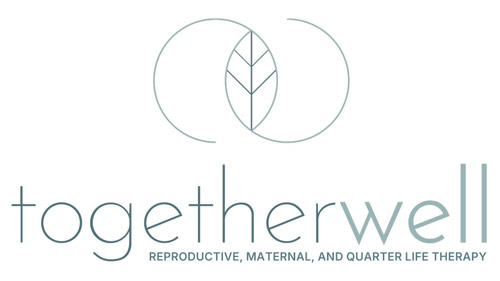When I first became a mom, I expected that breastfeeding would feel instinctual and deeply fulfilling.I was the first of my friend group to have a baby and the “Breast is Best” campaign was in full swing. I remember being very pregnant and spending hours online reading breast pump reviews, bought a cute (and expensive) nursing cover, and made sure to have a few nursing bras at the ready. This was going to be a peaceful bonding experience and my daughter would latch right on and finish eating in around 15 minutes. It would be an outward sign to others of how much I cared about my baby and her health.
Needless to say, my daughter was 7 weeks old when I reached my breaking point and decided that it was best for my mental health (and my attachment with my daughter) to switch to exclusive formula feeding. After many tubes of lanolin, nipple shields, lactation consultations, and tears from both my daughter and myself, we were both exhausted, frustrated and overwhelmed. I had tremendous guilt over the decision but was urged (mostly by my husband) to wean anyway.
Since that time, I’ve met so many women (including some of the strongest, most loving moms I know) who have struggled with the trauma that can arise when the expectations related to breastfeeding don’t end up matching the reality. Even for those who intend to be flexible around their baby’s feeding needs, breastfeeding can feel physically and emotionally painful, and in some cases, deeply traumatic.
It can leave you questioning yourself, your body, and even your worth as a parent.
When Feeding Isn’t What You Imagined
Breastfeeding trauma isn’t about being “too sensitive” or “not trying hard enough.” It’s about how overwhelming it can feel when something that’s supposed to be “natural” turns into a daily, if not hourly, struggle.
Maybe you battled through cracked nipples and infections, or sat up in tears at 3 a.m. with a baby who just couldn’t latch. Maybe you had an infant who needed to be in the NICU or, due to health complications, wasn’t able to breastfeed. Maybe you struggled with your milk supply. Maybe you felt intense pressure to keep going when your body and mind were begging you to stop. Or maybe the way people talked to you—nurses, doctors, even family—made you feel judged instead of supported.
No matter what your story looks like, the feelings are real. Grief. Shame. Anger. Exhaustion. The sense of being trapped in something you didn’t sign up for and wanting so badly the positive experience you thought you would have.
Why It Hurts So Much
Feeding our babies is wrapped up in so many hopes, expectations, and “shoulds.” We’re told it’s the best way to bond. We’re told it’s what a “good mom” does. We’re told our bodies were made for this. When it doesn’t go as planned, it’s not just about feeding. It’s about identity, self-worth, love and connection.
Postpartum hormones can also play a major role in how difficult it can be to make feeding decisions in the moment. Sometimes women find themselves surprised by how much they care about breastfeeding, even when you went into your journey feeling okay about all options related to feeding.
The truth is that struggling with breastfeeding does not mean you’re failing. It means you’re human. It means you’re navigating something incredibly hard in the best way you can.
You’re Not Alone
If breastfeeding has been a painful or even traumatic part of your journey, please hear this: there is nothing wrong with you. You did not fail. You are not broken.
Sometimes healing starts with simply naming what you’ve been through. Saying out loud: This wasn’t what I expected. I wanted a different experience. I have grief over what my experience has been.
Sometimes it means letting go of the pressure to keep pushing through and instead finding a different way to feed your baby that feels gentler on your body and heart. And sometimes it means reaching out—to a friend, another mom, or a therapist—so you don’t have to carry the weight alone.
Sometimes the best decision you can make for your baby is to ensure you are taking care of your own mental and physical health so that you can show up in so many of the ways that matter as a parent.
A Gentle Reminder for You
Your baby needs you—your love, your comfort, your presence. They don’t need you to sacrifice your well-being to meet an impossible standard. Whether you breastfeed, pump, combo-feed, or formula-feed, you are showing up. And that’s what matters most.
If you’re carrying the weight of breastfeeding trauma, please know: you are worthy of healing, of support, and of compassion. And you are already more than enough for your baby.
If you feel you would benefit from mental health support around your feeding experience, please get in touch by filling out the contact form on my website. If you are not local to the DCMD/VA area, you can use the clinician directory provided by Postpartum Support International to search for local providers.








